Sermons
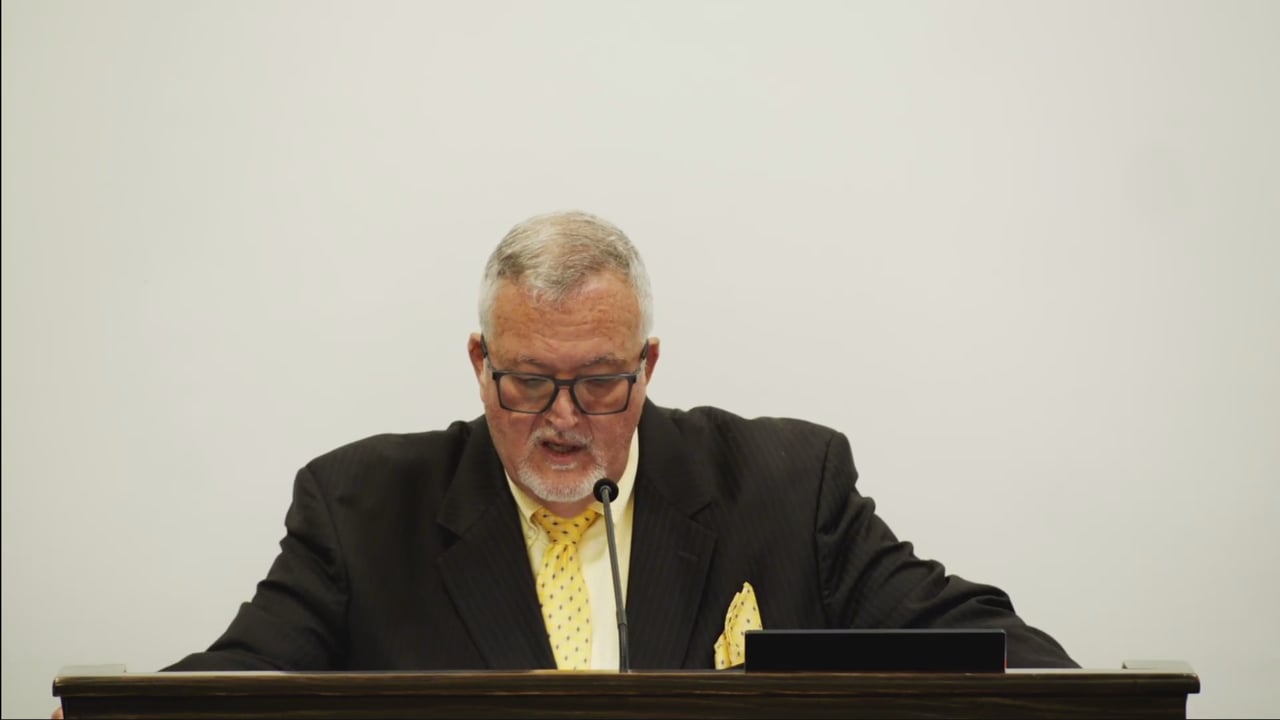
The Need for Justice, Mercy, and Grace
Given by Mike Moore
Justice, Mercy, and Grace! Don't just admire these truths; live them. Don't just receive God's grace; extend it. Don't just quote Micah 6:8 in a world desperately searching for fairness and forgiveness. Walk in the power of the Holy Spirit, out of the courtroom of guilt and into the mission field of compassion. You've received justice, you've been shown mercy, and...
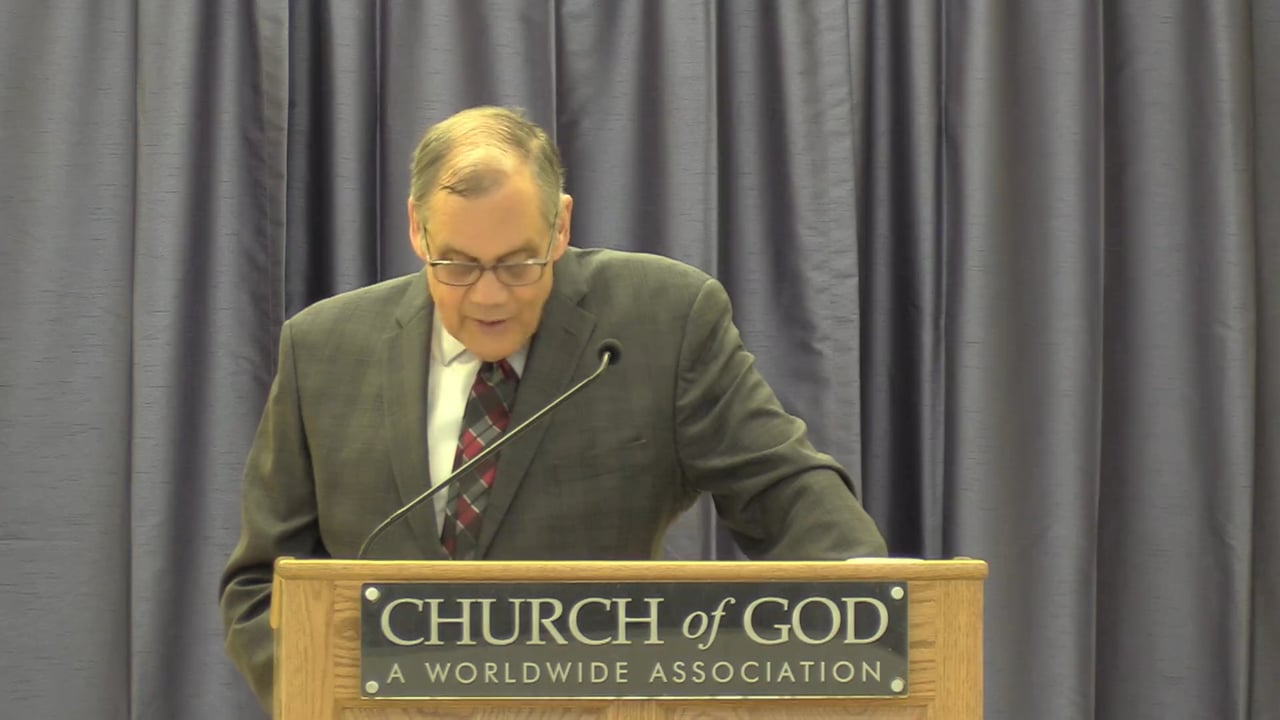
Not a Spirit of Fear
Given by Don Henson
Fear can be a good thing, alerting us to potential danger. But fear can also be negative, causing us back away from what we need to do. God gives us a spirit of power—ability, boldness and faith to take on the challenges of life.
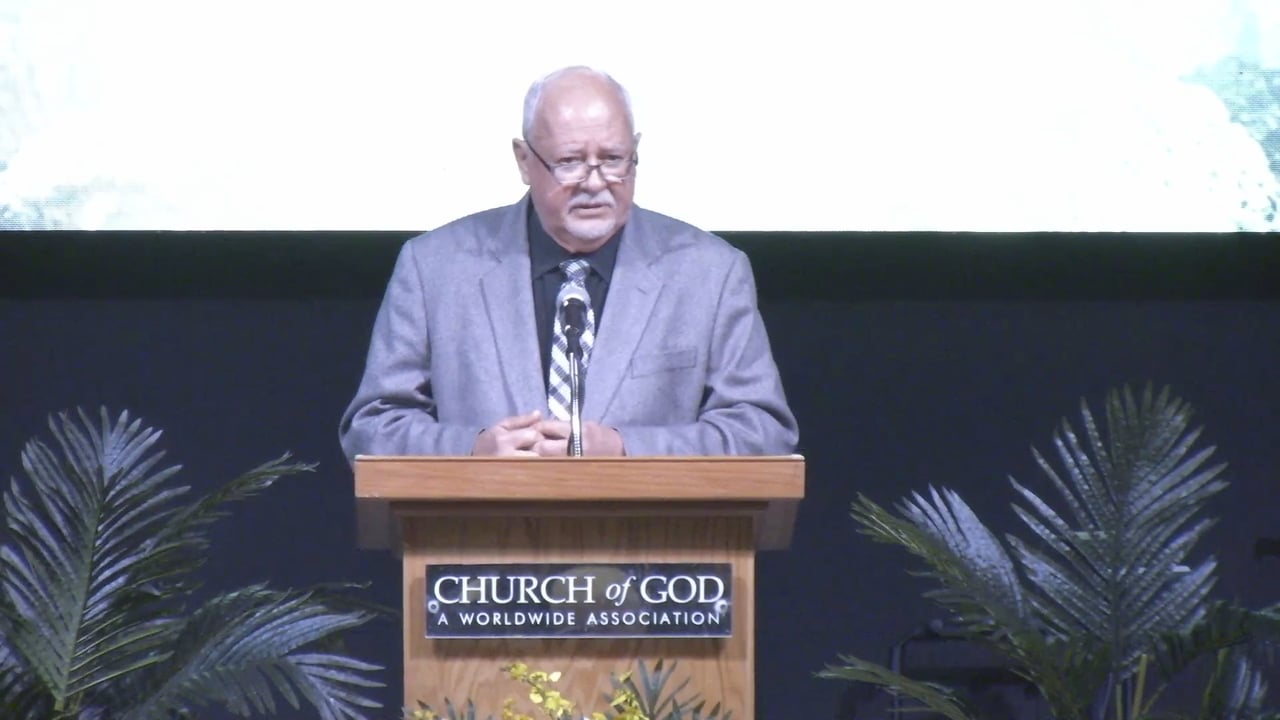
The Weightier Matters of the Law!
Given by Arnold Burns
The purpose of the sermon is to understand God's Justice, Mercy and Faith and how He is accomplishing this in our lives and eventually all of humanity.
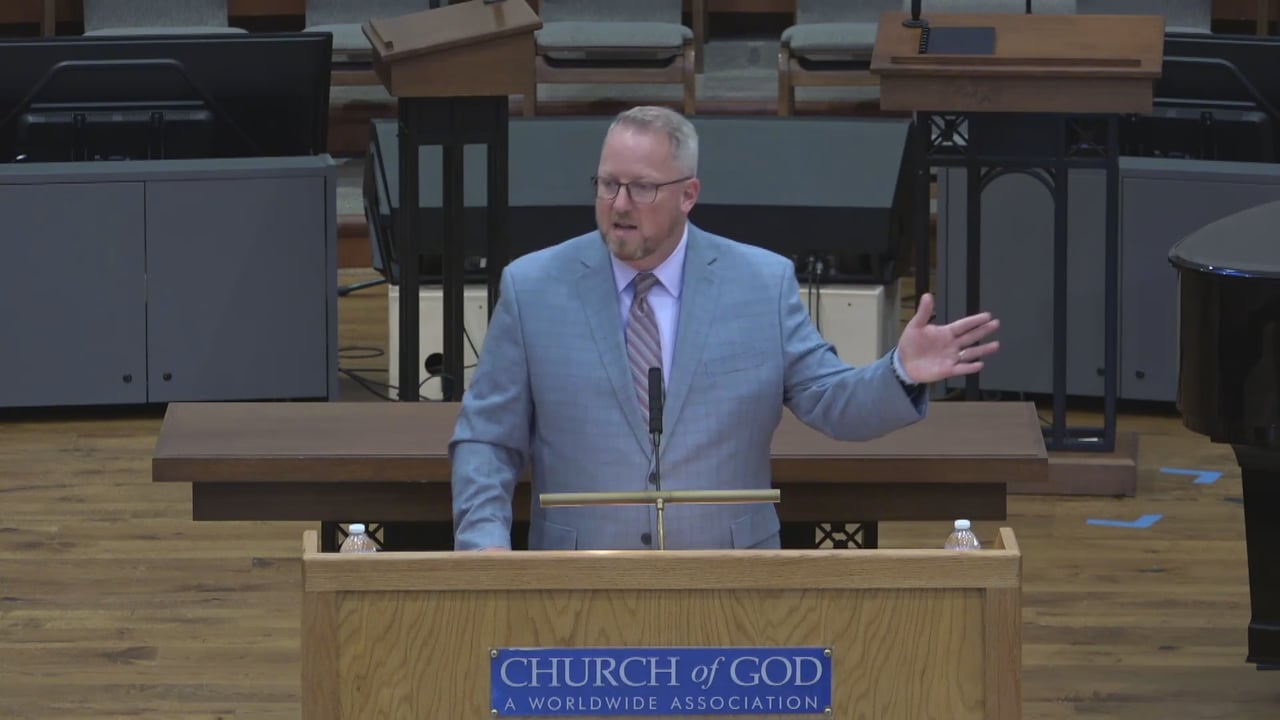
Where Are You Going?
Given by Jason Hyde
Many often focus on what we have been through in life. God wants to know where we are going.
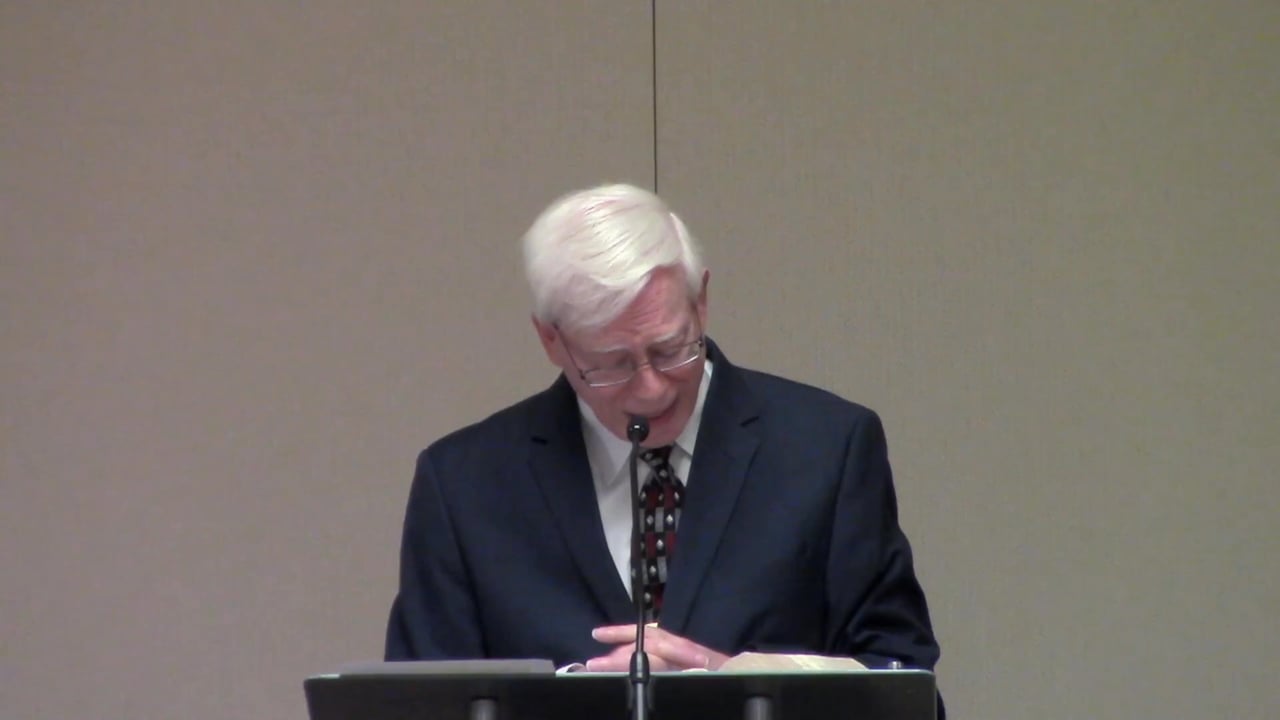
Series on Church History: Paul’s Journey to Rome
Given by John Foster
Last in the series of early Church History and life of Paul.
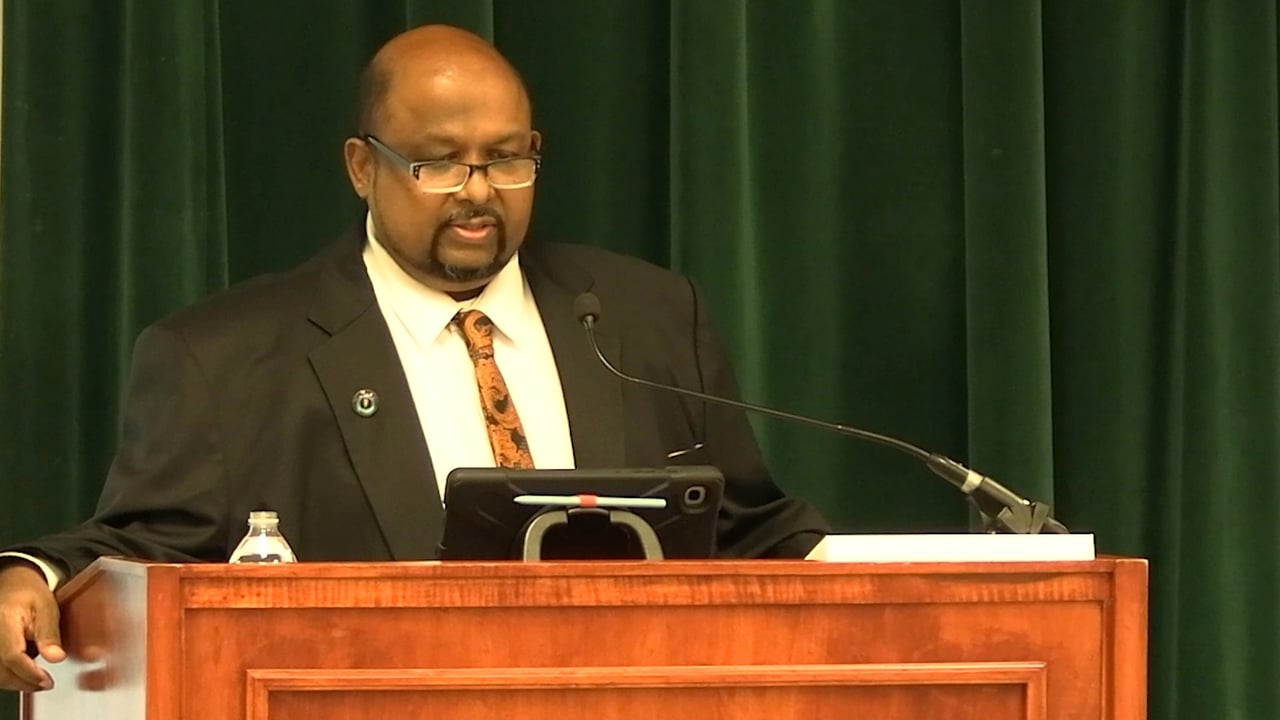
The Sevens of the Gospel of John
Given by Krishan Pahalan
There are many sevens that are mentioned in John's Gospel. What are they, and what can we learn?
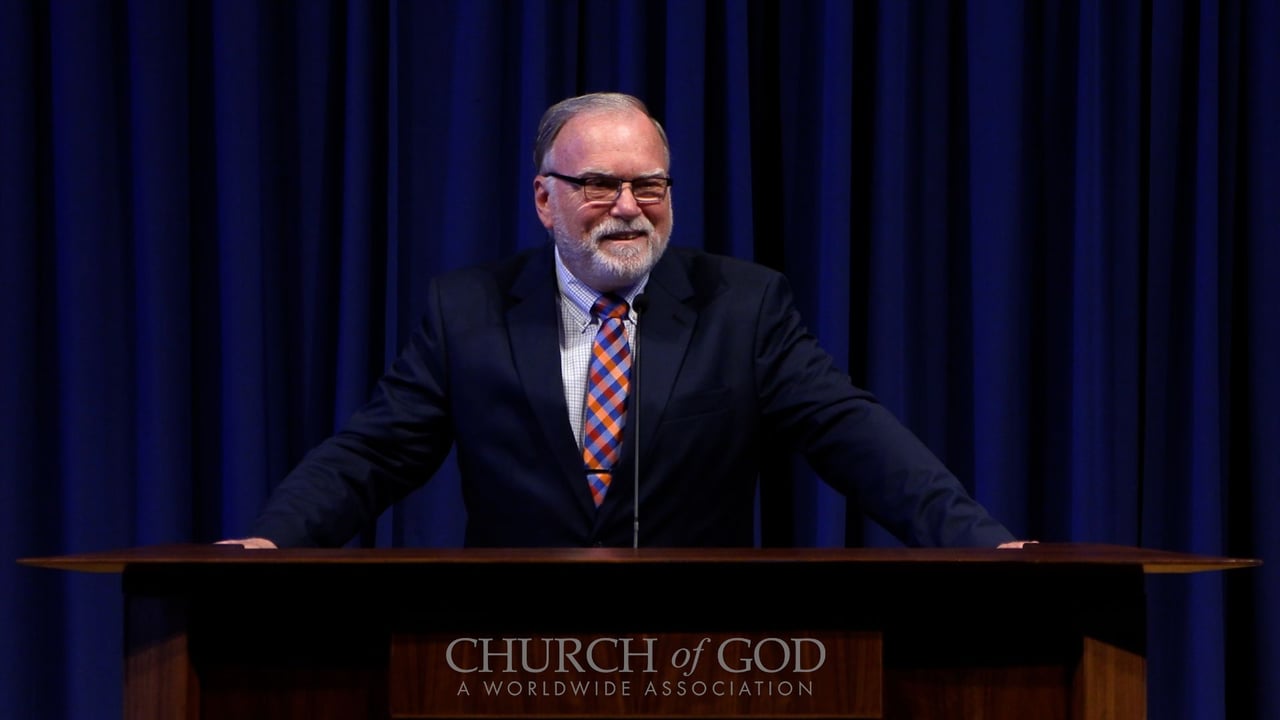
What Will They Say About You
Given by Clyde Kilough
What will people say about you when you’re gone? What do they say now? Does it, should it, matter? It does to God! Paul’s fatherly words to Timothy about the power of example remain as wise instruction for all of us today, and an especially great model for young people.
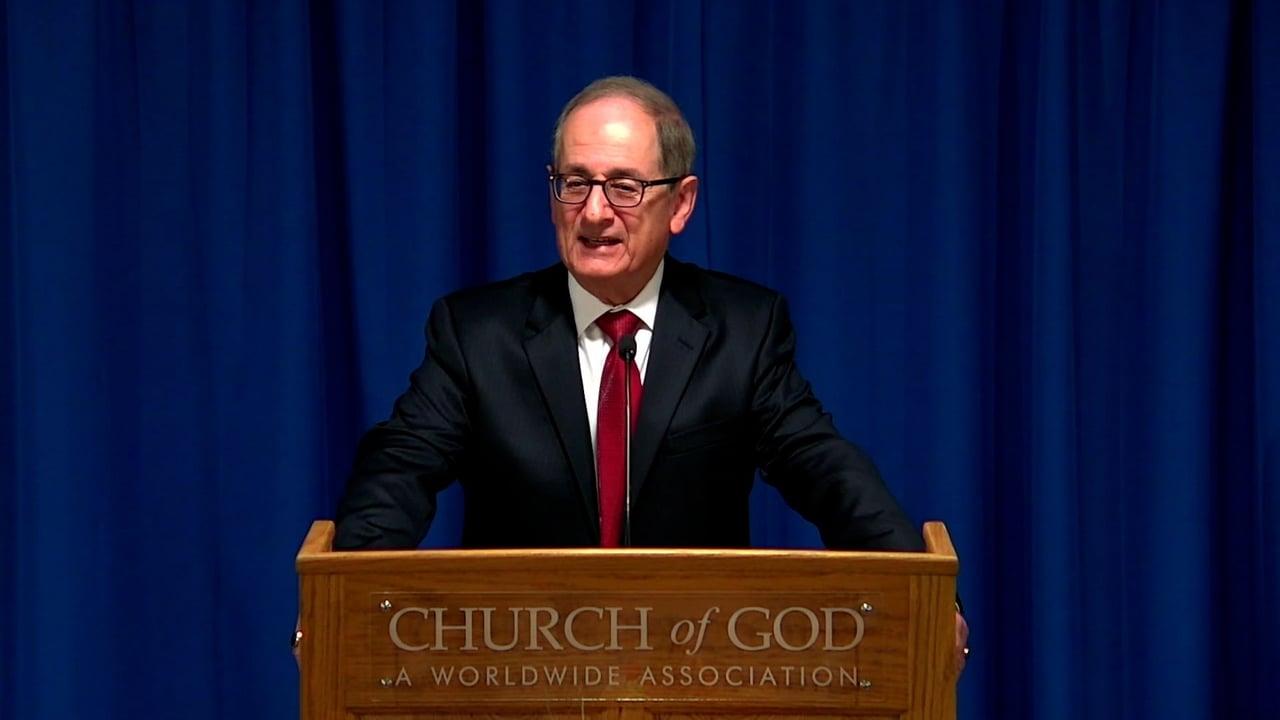
Revelation Chapter 12
Given by Ralph Levy
Satan the devil never gives up. Revelation 12 catalogs his attempts to thwart the plan of God.
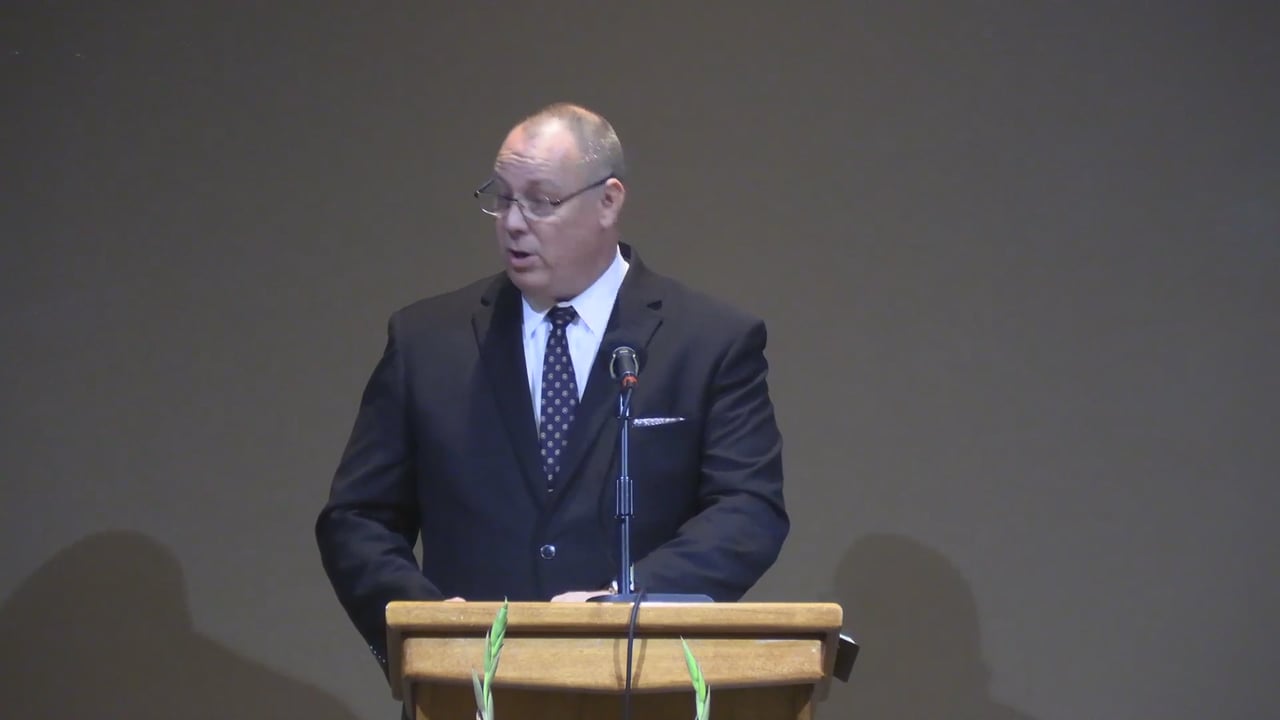
In the Days When the Judges Ruled
Given by Nick Slaughter
Why do we read Ruth on Pentecost? Maybe the better question is—what are we missing when we do? This message challenges familiar assumptions and uncovers the legal, covenantal structure hidden in plain sight. Ruth and Boaz aren’t passive recipients of a happy ending—they are active, valiant participants in a redemption story that mirrors our own. In a time of moral colla...








